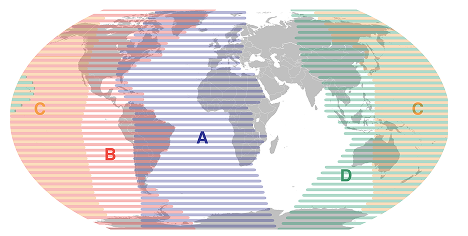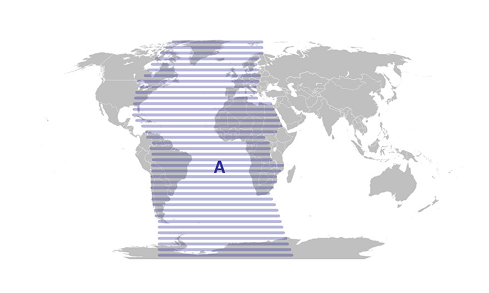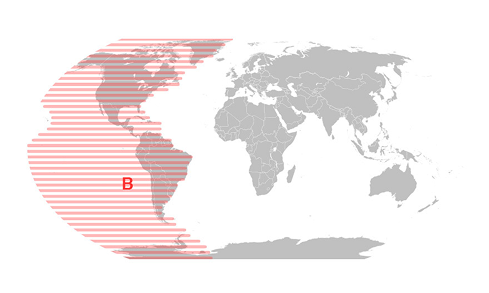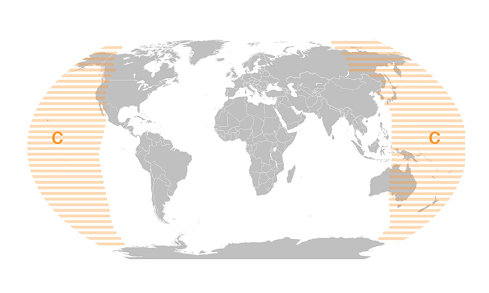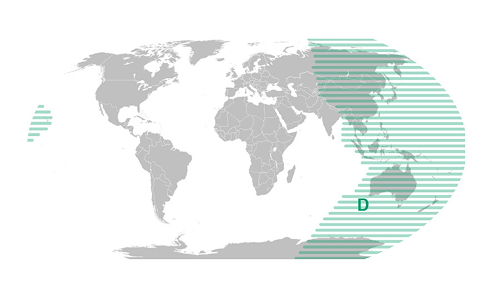
An Unexpected Lesson from a Magpie
Here in Australia, we have magpies – a native Australian bird recognizable for its black and white plumage and distinctive song. During Spring, they nest and from the time they’ve laid their eggs until their young leave the nest a couple of months later, if you walk or ride a bike past their nest, they will swoop. During this period, I find these birds quite frightening. The swooping always catches me off guard and they fly incredibly close to your head and face. I was walking along my regular route near my home today when out of nowhere, I got swooped. Heart pounding, I swore at the bird in my head, feeling very angry, outraged even – what had I done?! I kept walking but backwards, turning to face the bird – they’re less likely to swoop then, still feeling pretty mad at this bird. But, as my heart rate returned to normal, I had a new thought – one which I had never spared a magpie – “I am not so unlike this bird”. I am very familiar with the protective instinct towards my children and I know how strong I feel about responding if I sense there is a threat. It’s part of being a parent. This bird is doing just as I do and making sure to look after his young. In that same instant, I felt a fondness and empathy for the magpie – all anger was gone.
As a Circle of Security facilitator, I often speak with parents about blame - our tendency to blame ourselves and blame others in response to Shark Music. It’s tough to access empathy and kindness when we are stuck in blame. This interaction with the magpie got me thinking about how this pattern shows up in my own life, and particularly how quickly I can fall into blaming important people in my life when I feel vulnerable or anxious. If something scares me or I feel like I haven’t done my best job, I look for an external cause, someone or something to pin it on. In these states, my empathy is limited. This of course is not a helpful pattern and has led to many ruptures in my relationship with my husband and no doubt, my kids.
I’ve been tracking this pattern for years now and it’s my ongoing challenge to stand back, recognize these moments as Shark Music and respond differently when I can, just as I was able to do with the magpie. While it’s a much more challenging thing to do with my family, it was satisfying to watch my response to the magpie and see that with reflection I am able to find renewed empathy and experience a different outcome – something I know I can keep doing with my family.
Registered COSP Facilitator, Brisbane Australia
I invite you to share with me your comments, reflections, Circle stories and experiences with Circle of Security Parenting. Your submissions may be used in future blog posts, with all identifying information excluded, unless you specifically request to be identified. Contact me at brooke[at]circleofsecurityinternational[dot]com



